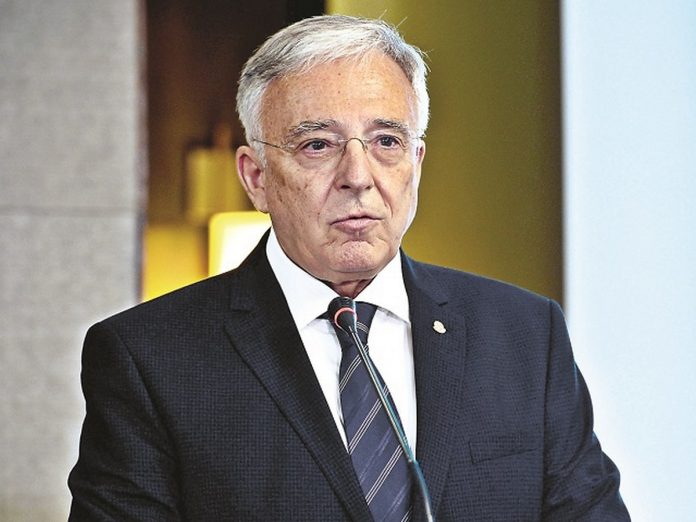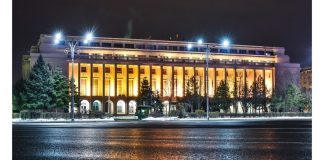Romania cannot postpone the debate on global transformations and on how it adapts as a society and economy to the changes in the world and wait for fiscal adjustment, as they have to be done simultaneously, Governor of the National Bank of Romania (BNR) Mugur Isarescu said on Tuesday.
„I was asked, at the end of a meeting with the secretary-general of the Organisation for Economic Cooperation and Development (OECD) a year ago if I was thinking of a plan to increase the competitiveness of the Romanian economy. And my answer was sincere: now, the fiscal and budgetary adjustment is dominant. In other words, we are not focused on increasing competitiveness, because we have much harder things to do and, as Mr Biris [deputy chair of the Association of Romanian Business people Gabriel Biris] showed me that although it is expected to happen in a few years, it will not be easy at all, because the size, the size of the fiscal adjustment is large. But over time and especially lately I realised that my answer was not adequate (…). It was not appropriate because the adjustment will take a few years, let’s see how long it will take, maybe it will tell us at the debate, and we cannot postpone the debate about what is happening in the world, about how we adapt as a society, as an economy, to the changes in the world and wait for the fiscal adjustment. They must be done simultaneously,” Isarescu told a conference on the need to restructure and reconstruct the Romanian national economy in a changing world, organised by the Association for Economic and Social Studies and Forecasts.
He added that the First Deputy Governor of the National Bank of Romania, Leonardo Badea, has already published three materials on increasing the competitiveness of the Romanian economy.
Isarescu said that this cycle of debates is not a novelty at the National Bank of Romania and recalled that the Association for Economic and Social Studies and Forecasts, with the support of the BNR, organized 10 years after Romania joined the European Union the conferences that ended with a document book – „Let’s think beyond today. The Romanian economic model in the European Union. Romania – Horizon 2040”.
The BNR governor also mentioned the process of introducing a digital euro and add that it will not replace the European currency in physical format.
„I read yesterday about accelerating the process of introducing a digital euro. A digital euro that does not replace euro cash, and as Lagarde [ECB President Christine Lagarde] said, not because, she says, I like to see my signature on euro banknotes, but because euros, cash, euro banknotes remain the favourites of a part of the population. We have also told about Sweden’s attempt to be the first ‘no cash society’ country when Sweden’s central bank celebrated its 350th anniversary, and then they found that they would not be able to. For two reasons, both proved to be practical.”
Isarescu said the first consideration is related to the preference for cash of a part of the population, and the second is related to security reasons.
„I discussed, I was there, I discussed with the specialists, and someone told me that the thing with pensioners is an argument, there are a million people who want cash. But there’s something else. If we don’t have clear cybersecurity systems, the Russians finish us off, block our payments in three days. And the security system, you see, even with drones, is not something very simple to do. Because the other, as it is in any war, the current hybrid war, the other side progresses as well, it does not stand still,” said Isarescu.
The Association for Economic and Social Studies and Forecasts (ASPES) on Tuesday held the conference on the need to restructure and rebuild the Romanian national economy in a changing world.
AGERPRES




